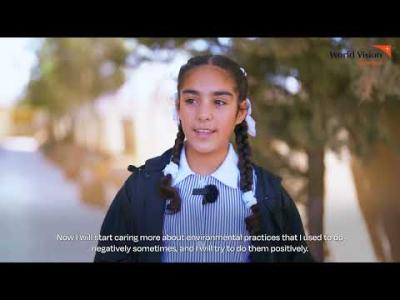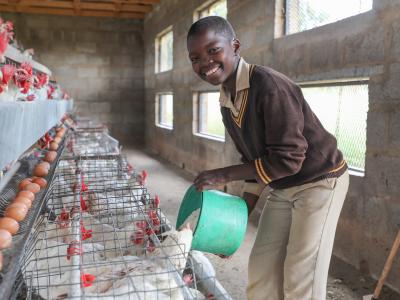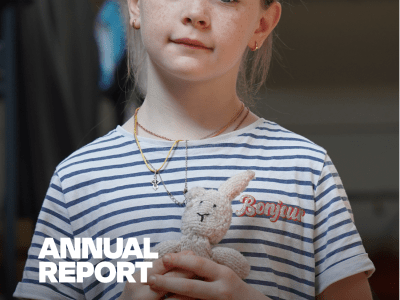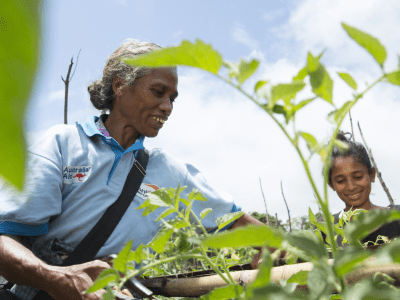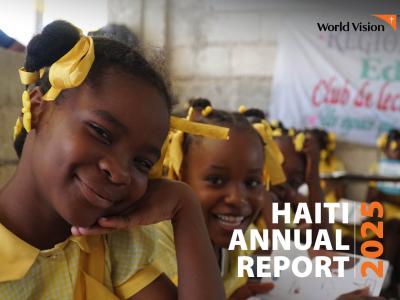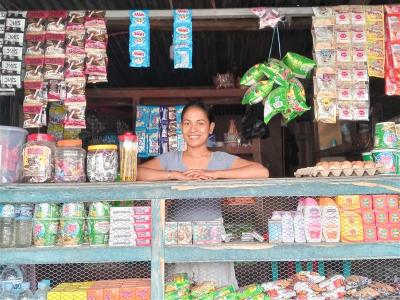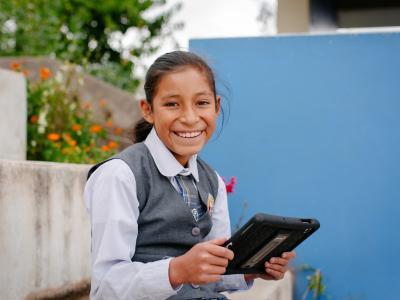article / February 20, 2026
Soil Restoration Strengthens Food Security in Northern Mozambique
Discover how World Vision and Farmer Managed Natural Regeneration (FMNR) are transforming lifeless soil into thriving pineapple harvests in Memba, Mozambique. Learn how sustainable farming techniques are strengthening food security and climate resilience for families facing extreme weather
video / February 20, 2026
Bringing Nature to Children: A Mobile Environmental Museum Inspires Hope in Vulnerable West Bank Communities
In 2025, the Green Palestine Project brought the Mobile Environmental Museum to 40 vulnerable communities across the West Bank in 2025. Through 80 hands‑on visits, the Mobile Museum reached more than 10,000 children and 1,200 adults, offering an engaging introduction to Palestine’s biodiversity, natural heritage, and climate challenge
article / February 19, 2026
World Vision’s Integrated Programs Transform Learning, Health, and Hope for 1,052 Learners in Pitseng
World Vision’s integrated programs transformed a primary school in Pitseng, providing clean water, safe toilets, new classrooms, school gardens, and poultry projects, improving learning, hygiene, and student wellbeing
publication / February 18, 2026
Annual Report 2025: Standing With Children Through Four Years of War in Ukraine
As the Ukraine Crisis Response enters its fifth year, the war continues to devastate millions of lives, particularly children. Over the past four years, World Vision Ukraine has reached more than 2.3 million people, including over 1 million children, providing critical support in education, mental health, protection, cash assistance, livelihoods, basic needs services and winterisation.
publication / October 16, 2025
Restoring Hope from the Ground Up
In the heart of Timor-Leste, farmers are restoring more than just land they are cultivating hope.
publication / February 6, 2026
World Vision Haiti Annual Report 2025
World Vision Haiti’s annual impact report highlights how we protect children, respond to crisis, and build resilience in vulnerable communities.
article / January 22, 2026
Meliana: A Youth Impact Leader Driving Change in Bobonaro
Meet Meliana, a youth leader in Timor-Leste, driving change through World Vision’s Roman Ba Foin Sa’e Project. Discover how she empowers her village and youth.
opinion / February 9, 2026
Are we making online safety laws for children without listening to them?
Why many online safety policies struggle to deliver the safer and fairer digital environments that children say they need.
